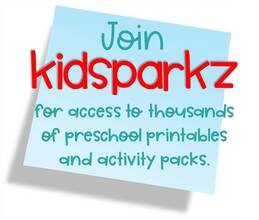|
Here are some general curriculum/activities areas that can be considered and adapted for young children from toddler through kindergarten age. Read Some Great Stories Choose books that have meaning for preschoolers because of the story line, the illustrations, the educational content, and just overall literary merit. Many can be purchased inexpensively in paperback form, and of course, borrowed from the library. While reading, allow time for the children to comment, ask questions, and to predict what might happen. Reading both fiction and nonfiction books with children is the most influential thing that you can do to pave the way for a future love and appreciation of learning. Reading both fiction and nonfiction books with children is the most influential thing that you can do to pave the way for a future love and appreciation of learning. Make and Create Creative activities should provide opportunity for children to do most of the work, with emphasis on creativity, imagination and the process, rather than the appearance of the finished product. Of course, some craft skills, such as stitchery and weaving, must be taught, however, for children younger than 5, providing the materials and a few suggestions is enough to spark the creative process. Don't forget food preparation activities. Use New Words Preschoolers are learning at least 5 to 10 new words a day. Use descriptive vocabulary that may not have been heard before. It’s usually not necessary to explain meaning; the context in which it is used will do that. Every time the new word is used, will add an extra piece of the concept in your child’s mind. Letters and Reading Readiness This is a very large and complicated curriculum area, and very dependent on the developmental level of the child. Include activities for letter and sound recognition, comprehension, rhyming, categorizing, memorizing, sequencing, and recognition of patterns. Getting Ready to Write Activities in this curriculum area depend a great deal on the physical development of arm and hands, and the complicated connection/interaction of what the brain is understanding, the eyes are seeing, and the control of hand muscles. Encourage activities for strengthening eye-hand co-ordination, and small muscle control - scribbling, tracing, mazes, picking up tiny items, cutting. Numbers, Reasoning and Predicting Wow, what a fun curriculum area! Games, challenges, predictions, logical assumptions all prepare a child for the larger world of mathematics. Include activities for number recognition, organization of sets, and manipulating combinations of sets (plus, minus, simple multiplication). Understanding How Things Work This is the section about science and nature, including earth sciences, weather, physics, biology and astronomy. Of course we are surrounded constantly by exciting things just waiting to be discovered and explored. What is this? How does it work? What can I do with it? As the child's development progresses, we move step by step from the completely familiar, to the entirely unknown. Sing a Song What would I do without music? It's my peace, my haven, and my soul. Sing, dance, chant, wiggle, clap, use rhythm and rhyme; listen to ALL kinds and styles of music often. We use songs and rhymes that have musical, traditional or educational merit. If your eyes glaze over when you hear a particular kiddy tune or piece of doggerel, don't waste time with it. Choose the best. Play a Game Just for fun! (and learning at the same time). Individual games include matching, sorting. Play group games indoors or out, don't be afraid of a little competition, and make it fun. Interacting With the Neighborhood Getting out and about: to explore concepts in person, to meet other people in various capacities, and to experience environments and new situations to extend learning and awaken curiosity. Grownups can do all kinds of jobs to make money to buy food and clothes and other things. People can live in many kinds of environments. People are the same, and different, in many ways. Outdoor Play Provide interesting and safe equipment, and then stand aside and watch as the children explore, discover and learn. MORE TO SEE ...
0 Comments
"Children learn best through their everyday experiences with the people they love and trust, and when the learning is fun". Zero to Three That's it. That's the "big secret" about how children, or anyone for that matter, learns anything. Don't YOU learn things better, and more deeply, if you are comfortable, among people you know, and if the stuff you're looking at studying is interesting and FUN? Any sign of anxiety, or demands, or "tests", or doing paperwork while the sun is shining outside - any chance of learning anything flies right out that window. Yes, I am going to list some of the very important approaches that are in vogue at the present time, or have actually stood the test of time, but please remember, when analyzing and considering them, those 2 big concepts - TRUST and FUN. (Oh, by the way!! Your child already trusts you. All you have to do is make the subject matter fun, and all the learning that will occur is made in the shade!!!)
PRESCHOOL EDUCATION WEB RESOURCES
MORE TO SEE ...
The KidSparkz approach to planning curriculum in early childhood education: How does it help you as teachers and parents, and the children as learners?
more to see ...
Many early childhood educators like to plan their monthly curriculum plans ahead of time. They feel more organized, and even if an interest emerges in the group while using the prepared lesson plans, they can refer to the themes they have prepared and grab ideas and activities to expand the new interest. During my many years of teaching early learners, I developed a sequence of monthly themes that seemed to fit intuitively into the seasons and sequence of the year. septemberoctober
novemberdecember
januaryFebruarymarchaprilmayjune
Summer "themes for a day" ideasThis BIG (over 700 pages!) bundle includes 15 of my Pre-K Theme packs, all related to themes that could be studied during the month of January. With all the ideas, activities and centers that I provide in these theme packs, this bundle could definitely extend for the full month of January, and have enough left over for next year! Click on the images to check out the individual packs in the January theme bundle ... And here is a FREE complete 49 page COOKIES Theme Pack for you to download and try out with your class or child. It's from the Pre-K Themes series. Let me know how it works for you.
|
Hello, I'm Susan. My goal at KidSparkz is to offer instantly downloadable, free and low cost early childhood printables and activity packs to busy teachers and parents.
Read more ... |
NOTE: If you are a KidSparkz site member, currently exploring the member area, clicking on any links below will return you to the main site.
What preschool theme are you working on now?
Copyright 2006-2024 KidSparkz.com


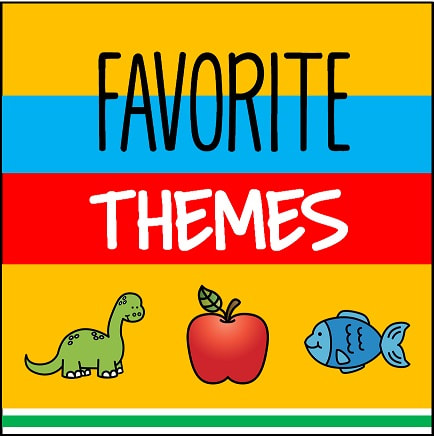
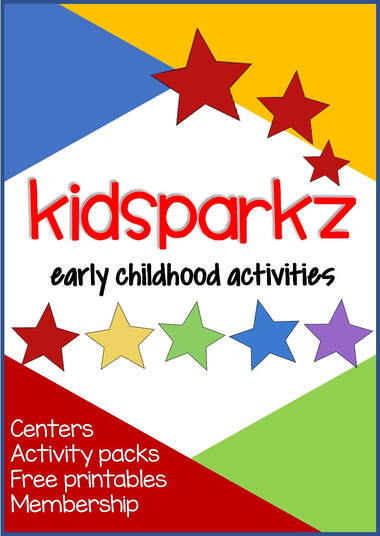
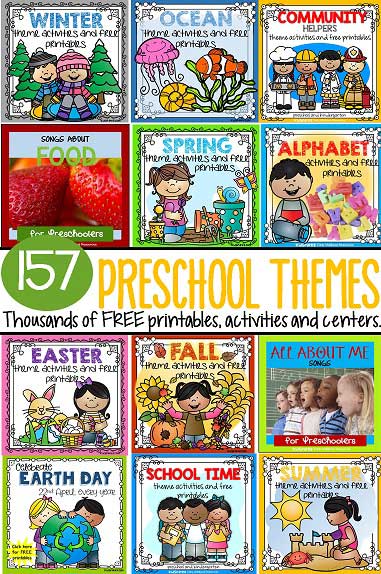
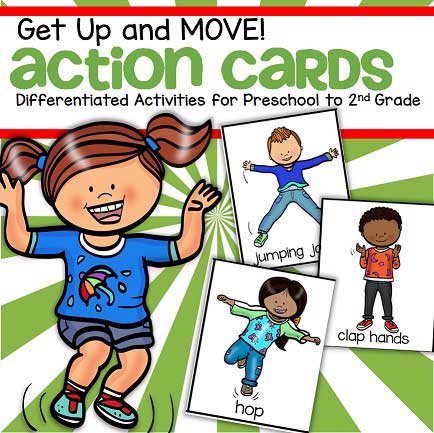

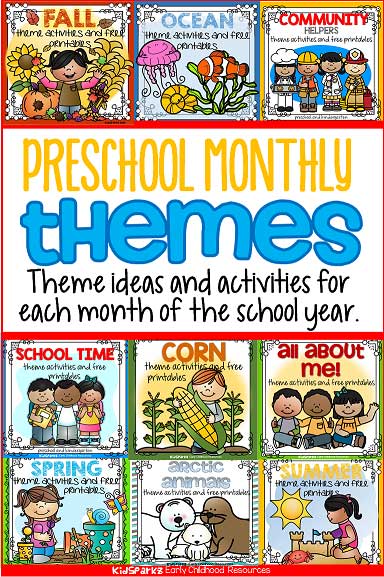
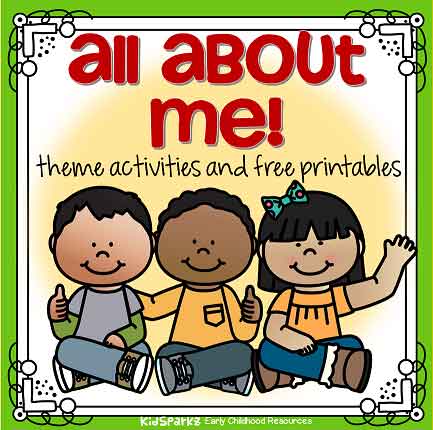
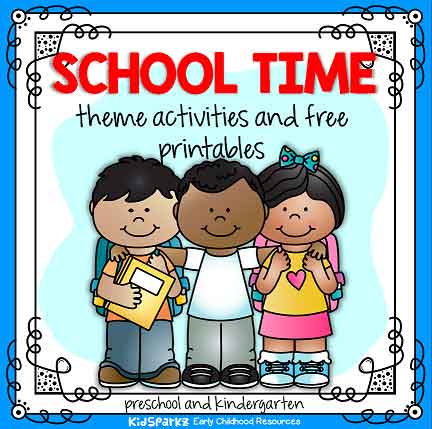
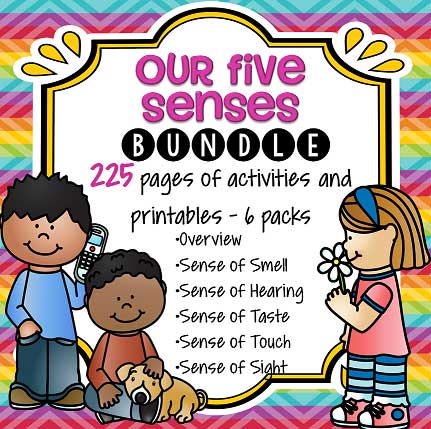
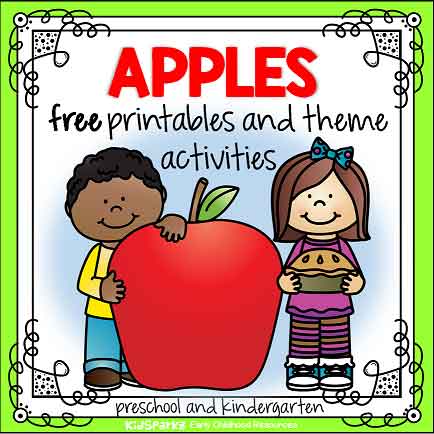
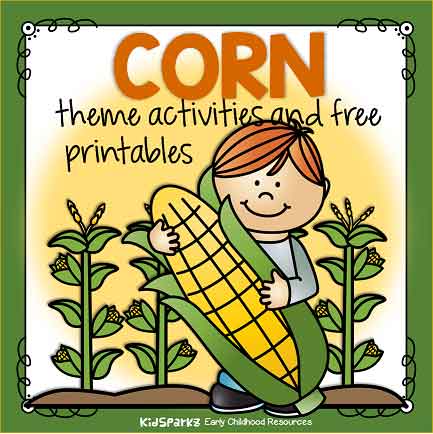
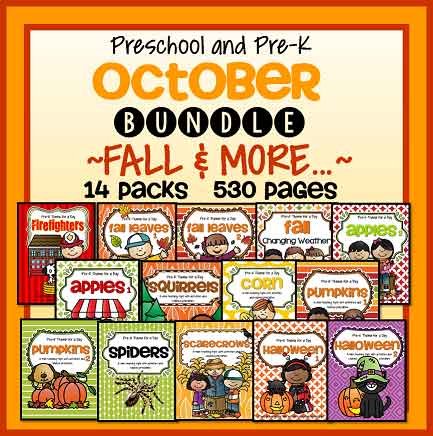
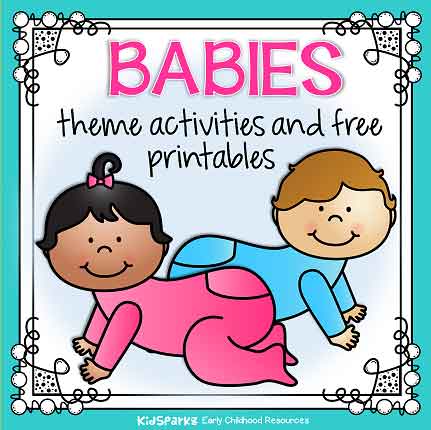
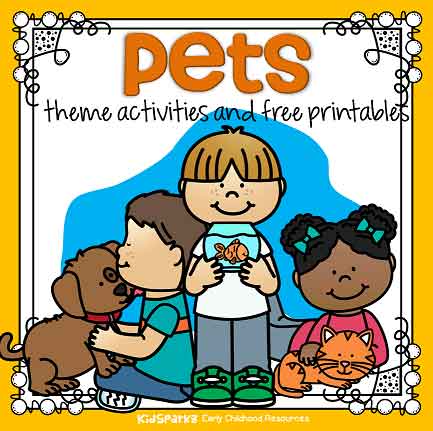
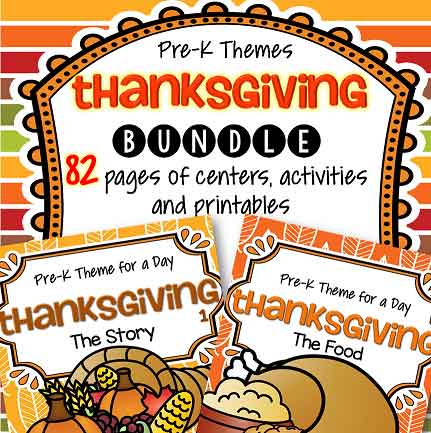
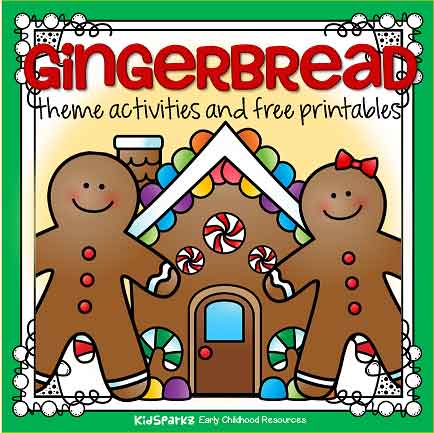
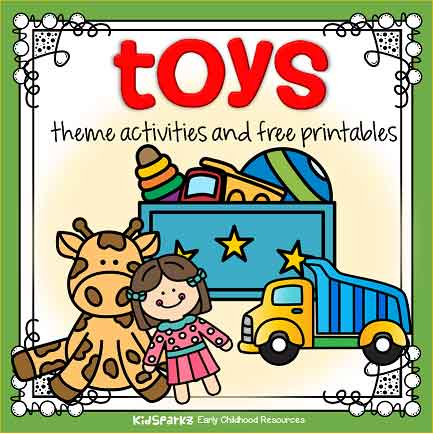
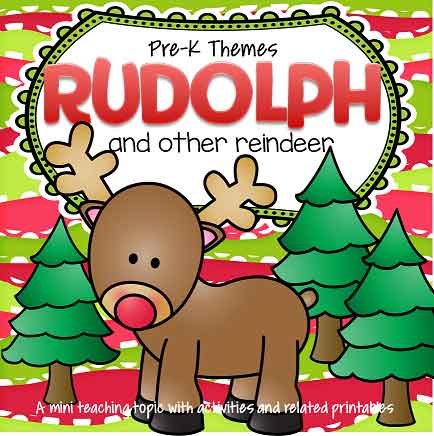

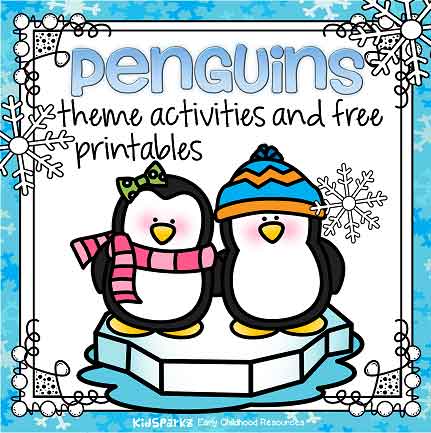
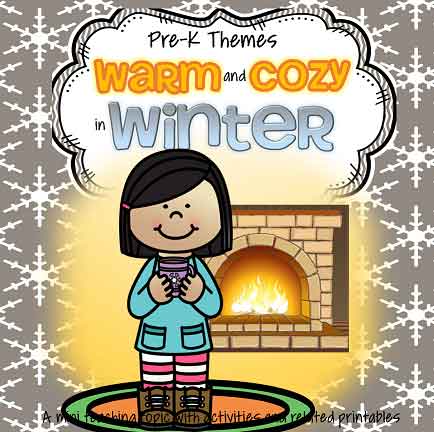
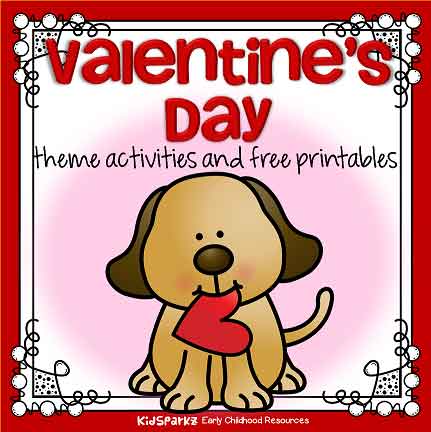
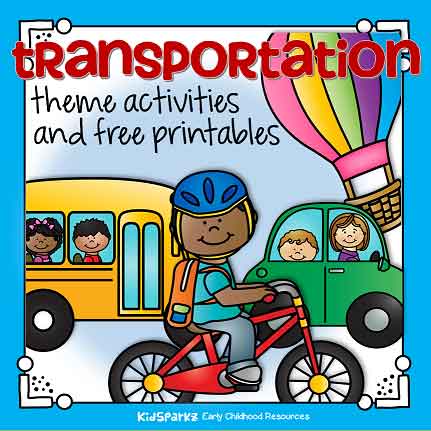
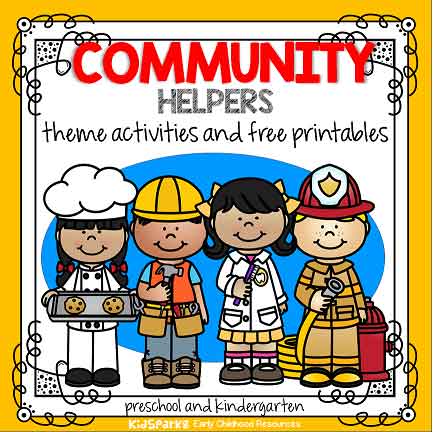
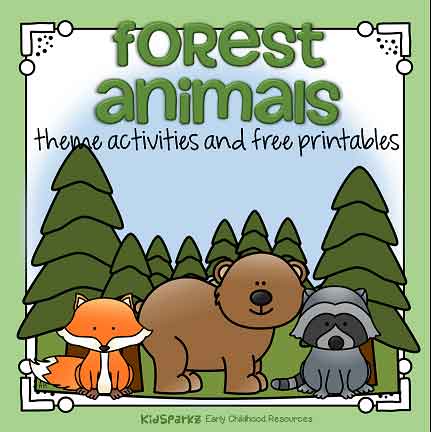
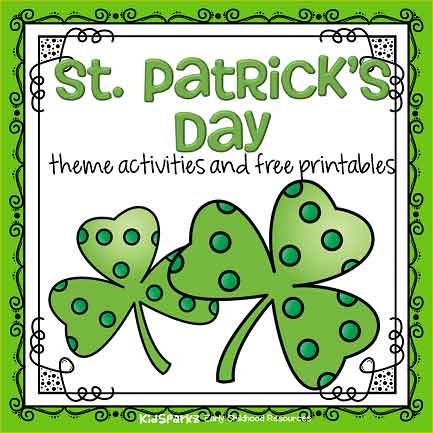
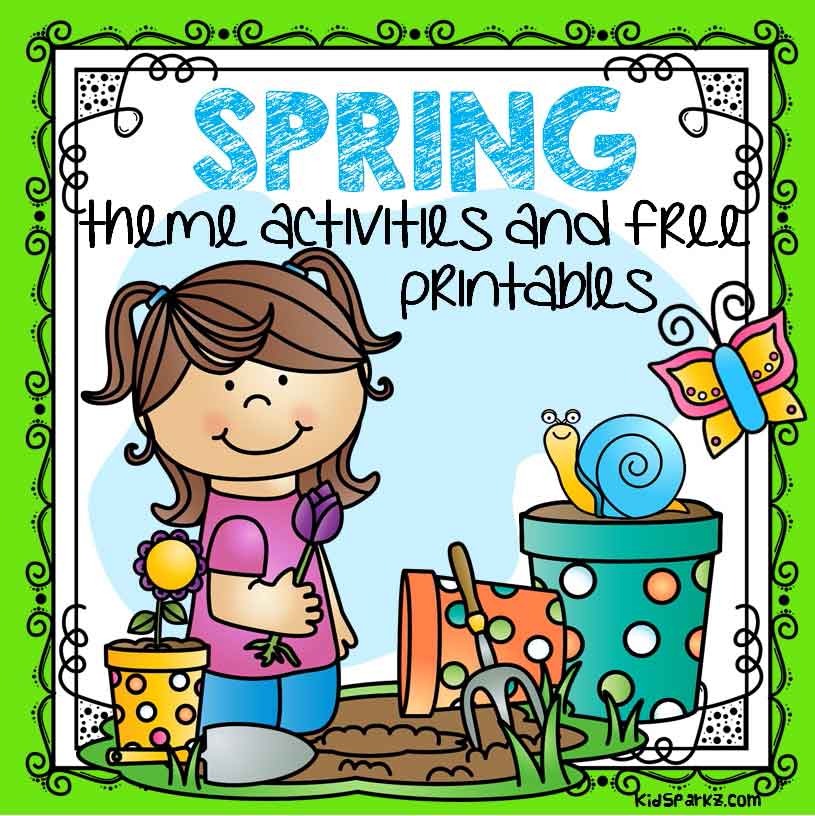
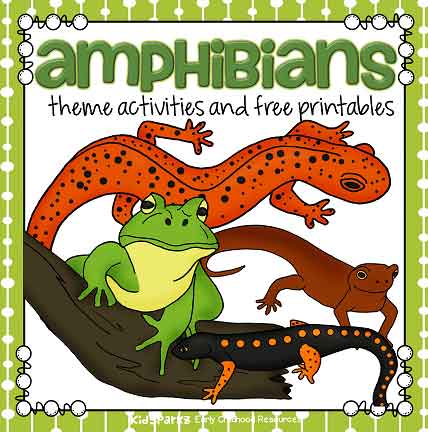
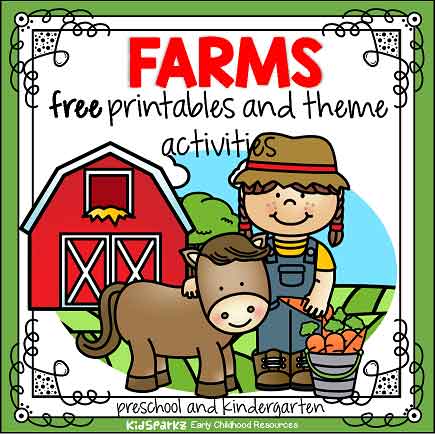
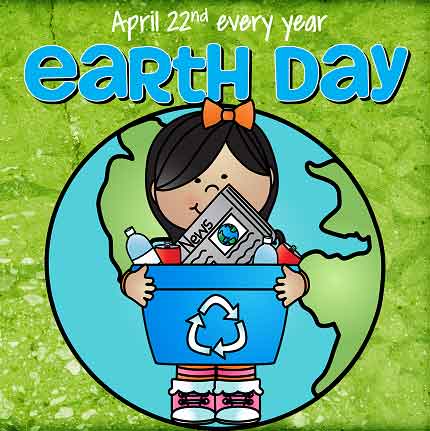
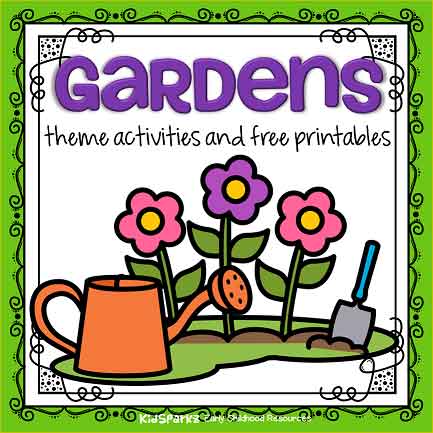
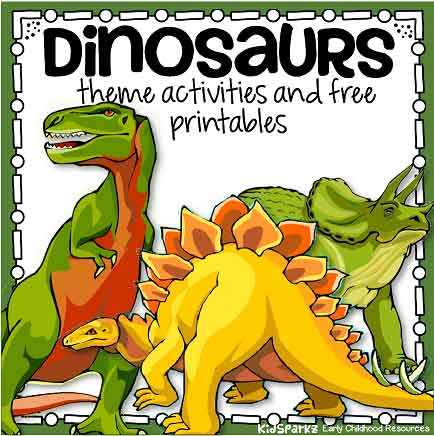
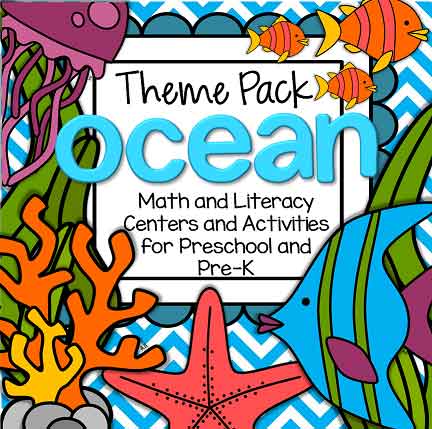
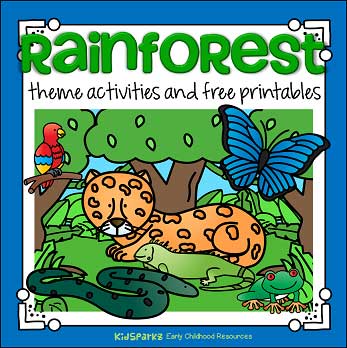
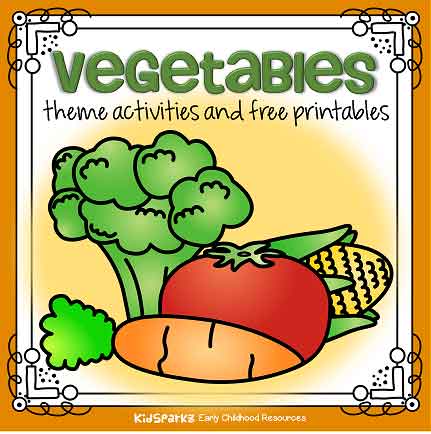
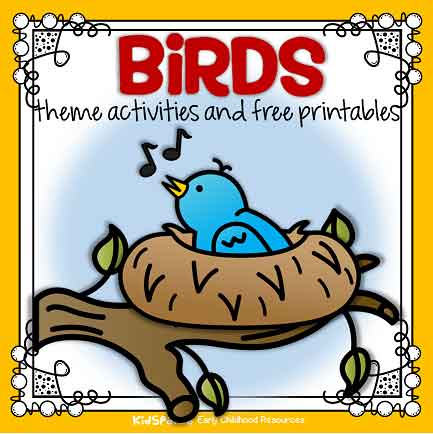
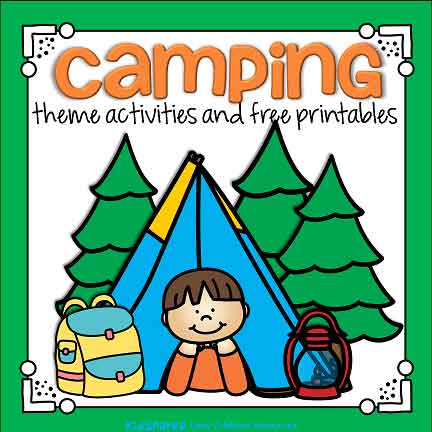
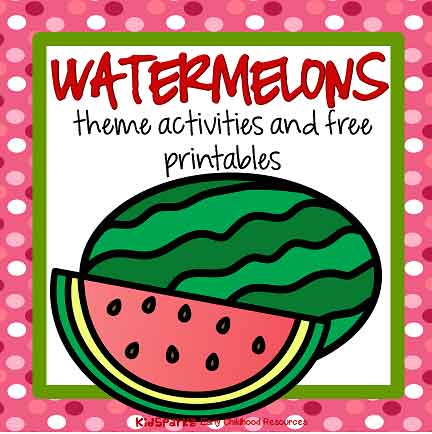
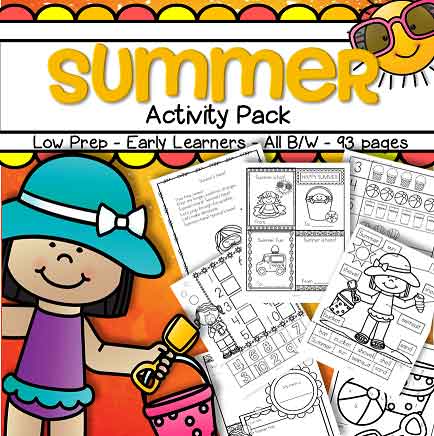


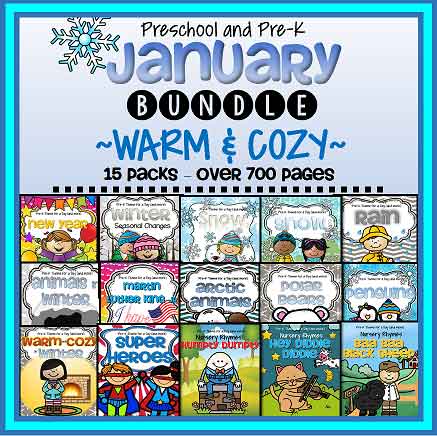
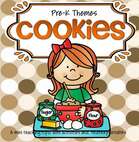


 RSS Feed
RSS Feed
